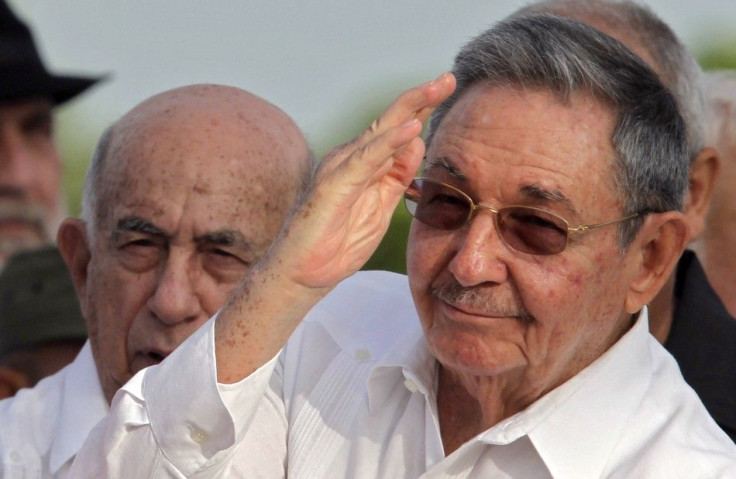Cuba Seeks to Reform Economy, Ease Travel Restrictions

The Cuban National Assembly has approved a raft of reforms proposed by President Raul Castro that are designed to put a charge into the island’s ailing economy.
Among other measures, the reforms will specify rules about how ordinary Cubans can establish small businesses to the streamlining of the government’s excessive bureaucracy.
Specifically, the government would lay off 1-million state workers, eliminate state subsidies on goods and services, reduce Havana’s heavy hand in the agriculture, retail and construction sectors and encourage the formation small private businesses.
Raul Castro, the younger brother of the more celebrated Fidel, also plans to introduce new laws to overhaul Cuba’s restrictions on travel and emigration.
Many well-entrenched bureaucrats will likely oppose some of the measures, especially if it costs them their jobs.
However, the President warned that any Communist Party members who tried to prevent reforms could face prosecution.
"Bureaucratic resistance is useless,” he said. "Let's clean our heads of all sorts of nonsense.”
Regarding migration, Castro said he is "working to orchestrate the modernization" of these policies. Cubans have long needed government permission to leave the country – Castro now believes such antiquated restrictions are unnecessary.
"We take this step as a contribution to increase the nation's ties to the community of emigrants, whose makeup has changed radically since the early decades of the revolution," he said.
"The country is [now] on a path of modifying decisions that played a role in their time and endured unnecessarily."
Robert Pastor, a Cuba expert and professor of international relations at American University, told Associated Press: "The state of Cuba is in a genuine transition toward a new political economy and society, and it's a transition in which the people of Cuba are beginning to find their voices through independent employment.”
Pastor added: "The government is trying to bolster the economy without losing control, so this will be a period of some uncertainty and tension that will extend for a period of time. I think the question is whether Raul will be able to reassure people that they will not be abandoned just because the state is shrinking in size, and to find a way to communicate that so that they can continue moving forward on the reforms."
© Copyright IBTimes 2024. All rights reserved.





















